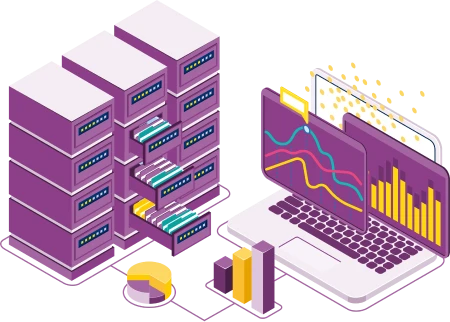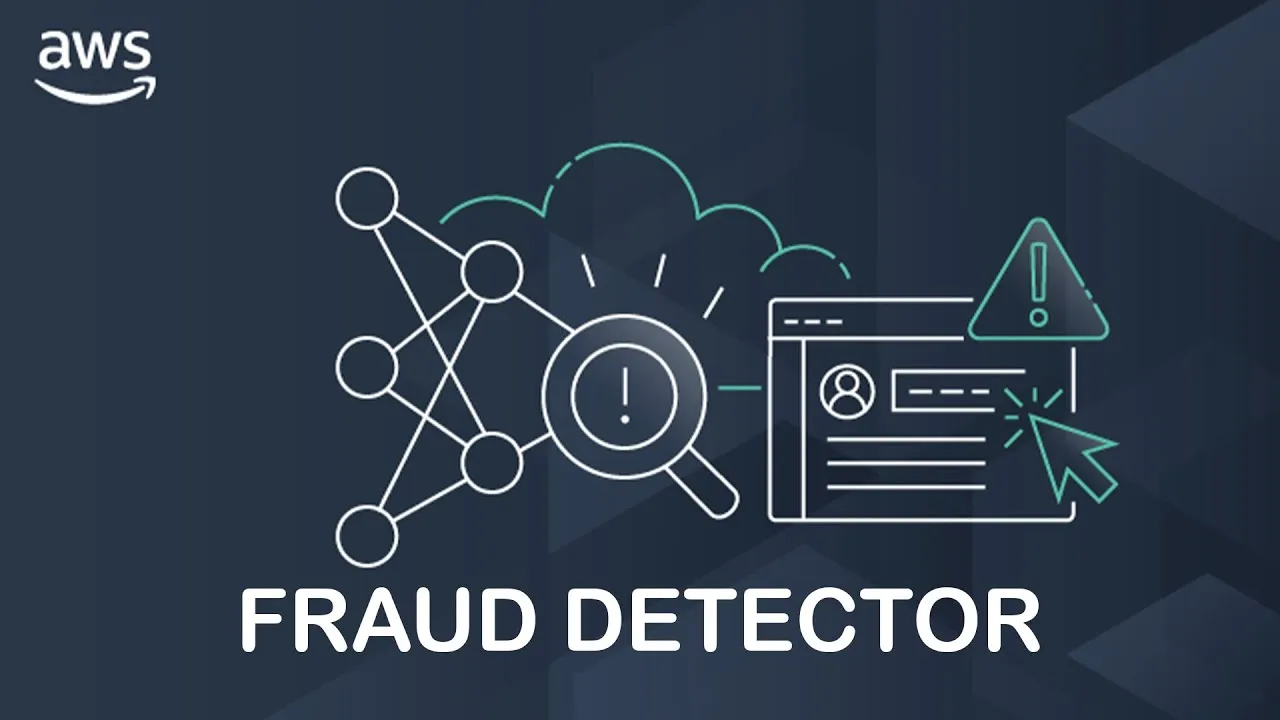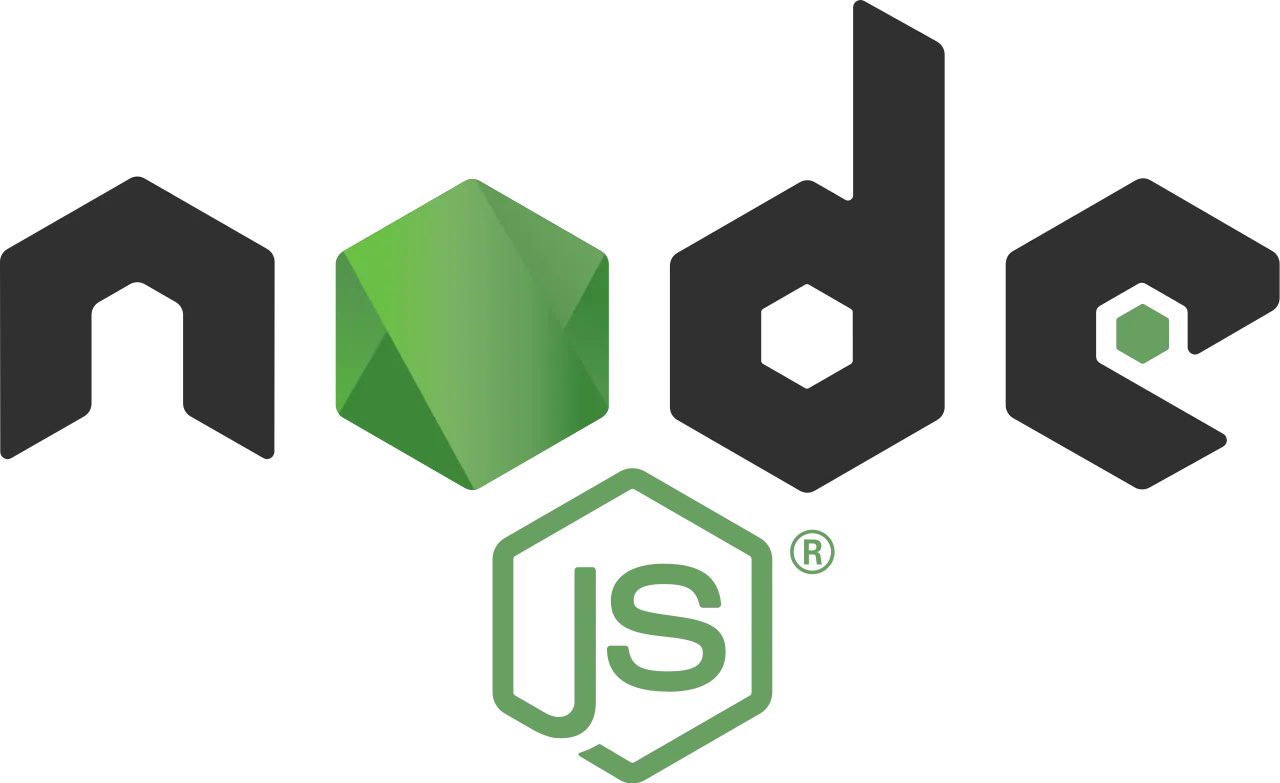Big Data Consulting Services & Analytics Solutions
Make data-driven decisions, unlock valuable insights from your data

With data growing exponentially, businesses are struggling to make sense of this massive data and are looking out for best practices that can help develop future business strategies. We help enterprises strategize and implement the data flow – from the collection of raw data to the consumption of actionable information. A well-defined big data strategy can help organizations reduce costs and gain operational efficiencies by migrating heavy existing workloads to the cloud and deploying new applications to capitalize on new opportunities.
Choose from Our Big Data Services Capabilities
Define Big data strategy
Big Data tools mapping
Architectural consulting
Scalability of Infrastructure
Low Latency Resources
Data Optimization
Data Pipeline
Data Storage
Managing Big Data Stack
Off the shelf BI Tools
Predictive Analysis
Custom Dashboard Development
Our product thinking approach, focus on commitment to technical excellence, and business benefits has helped businesses extract value from data, further assisting companies to maintain a high level of user engagement and stay relevant with changing market demands.
The Big data ecosystem is huge and to cope with this entire ecosystem, right from identifying, gathering, managing and analysing the data, every business requires a dependable big data analytics strategy.

Big data comes in from internal and external sources. Internal sources include data that the company owns and controls. Whereas, external data is data generated outside the company, this may include data coming in from social media platforms, transactions made etc. that can be put to good use. Our Big Data experts will help define the data sources that are most important to your line of business.

Gathering and storing such huge amounts of data requires organizations to invest in physical data centers as well as cloud services that will enable them with easy access to data from anywhere. We help you find the right storage solution for your business after analyzing your data storage requirements, thereby, helping you transform your business.
.webp)
ETL plays a critical role in data integration for analytics, which is why it is important to use the right techniques and procedures that will prepare the data for use in Business Intelligence. We constantly update and add new transformation capabilities as and when data sources evolve. Moreover, we are with you during each step of the ETL process, right from data extraction, data cleaning, data transformation, data loading, managing the ETL process until the data staging area wherein the data is made available to take over onto the next step.

This centralized repository also known as the data lake will simply enable you to store all your data, making it easy by removing the complexities of ingesting data and helping you resolve scalability challenges. Once we have analyzed your organization’s data requirements, we help you with building a data lake that enables easy and real-time data movement, machine learning insights, making it easy for you to run analytics.

The final step in our big data analytics approach is focused on providing you with end-to-end data visualization solutions, using big data visualization tools and techniques that can unlock silos of information leading to efficient data driven insights that help improve decision making across every department in your organization. We also provide advisory and support services that will help resolve any data visualization challenges enabling development of real time dashboards.












































We create success stories that are born in the cloud
Flentas is a cloud consulting company, focused on digital transformation. We help companies across various industries innovate with cloud technology by implementing a cloud experience for all your workloads. Leverage our cloud solutions for extraordinary performance, robust security, and scalability.


Big Data refers to large volumes of structured, semi-structured, and unstructured data that cannot be effectively processed using traditional data processing techniques. Unlike conventional data, Big Data is characterized by its volume, velocity, variety, and veracity, requiring specialized tools and technologies to analyze and extract insights.

Big Data analytics enables organizations to gain valuable insights from large and diverse datasets, leading to data-driven decision-making, improved business intelligence, enhanced customer experiences, personalized marketing strategies, predictive analytics, fraud detection, and operational efficiency optimizations.

Some key challenges in managing and processing Big Data include data quality issues, scalability of infrastructure, data integration complexities, security and privacy concerns, regulatory compliance, talent shortages in data science and analytics, and selecting appropriate tools and technologies for specific use cases.

Best practices for implementing a Big Data strategy include defining clear business objectives and use cases, assessing data quality and reliability, selecting appropriate tools and technologies based on requirements, establishing data governance and security measures, implementing scalable infrastructure, fostering cross-functional collaboration, and continuously evaluating and optimizing processes.

Emerging trends in Big Data services and technologies include the adoption of edge computing for processing data at the network edge, the integration of artificial intelligence and machine learning into Big Data platforms, the rise of serverless architectures for data processing, the use of blockchain for data security and transparency, and the development of hybrid and multi-cloud data strategies.

Organizations can ensure data privacy and compliance in Big Data initiatives by implementing data encryption techniques, anonymizing sensitive data, implementing access controls and authentication mechanisms, conducting regular security audits, complying with data protection regulations such as GDPR and CCPA, and educating employees about data privacy best practices.

The Cloud is essential in Big Data for its ability to store massive amounts of data at a fraction of the cost of physical data storage systems. Additionally, the Cloud operates on-demand, uses the pay-as-you-go model, and eliminates the need to build infrastructure from scratch. This accessibility and affordability of cloud technology make it easier for businesses to leverage big data technologies and quickly analyze vast amounts of data for insights and decision-making.


